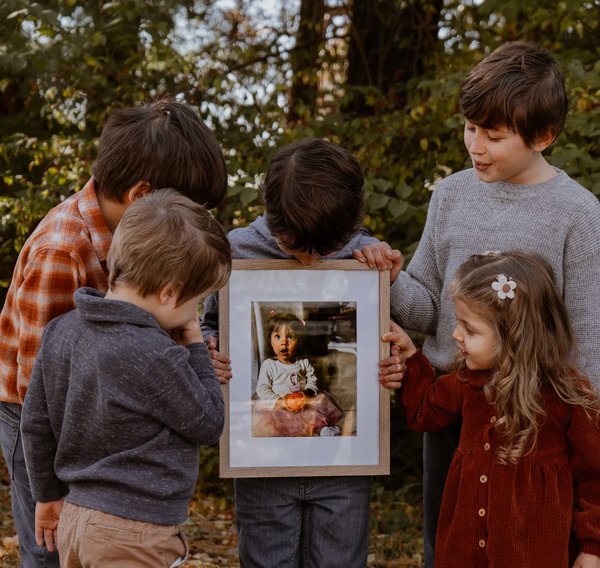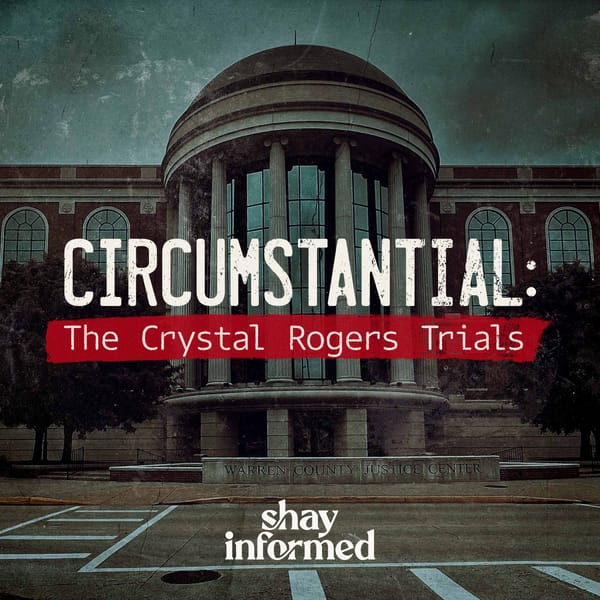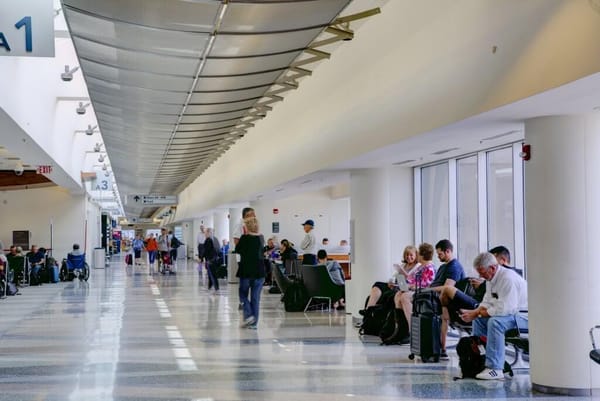Former Kentucky clerk asks Supreme Court to overturn same-sex marriage ruling
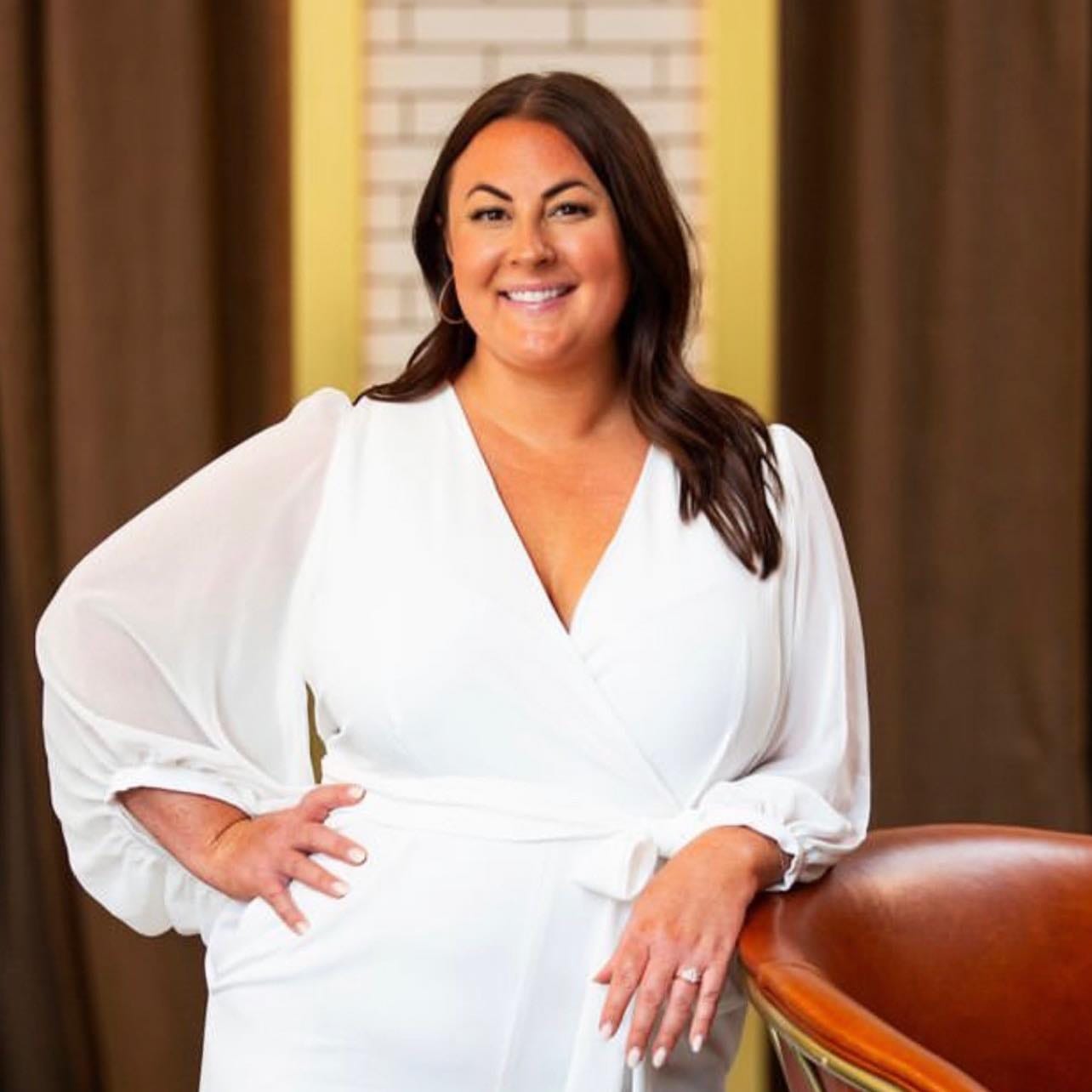




Ten years after the Supreme Court extended marriage rights to same-sex couples nationwide, the high court will consider taking up a case that asks them to overturn that ruling.
"I'm Shay McAlister, and this is Shay Informed: an independent, ad-free platform dedicated to honest journalism with compassion and clarity.
Are you new here? Sign up for the free newsletter or subscribe to support our mission.
Kim Davis, the former Kentucky county clerk who was put in jail in 2015 after refusing to issue marriage licenses to a gay couple, is asking the Supreme Court to take on her case.
Davis wants the high court to overturn the 2015 Obergefell v. Hodges landmark ruling, calling it "egregiously wrong." She is also arguing First Amendment protection for free exercise of religion immunizes her from personal liability for the denial of marriage licenses, according to ABC News.
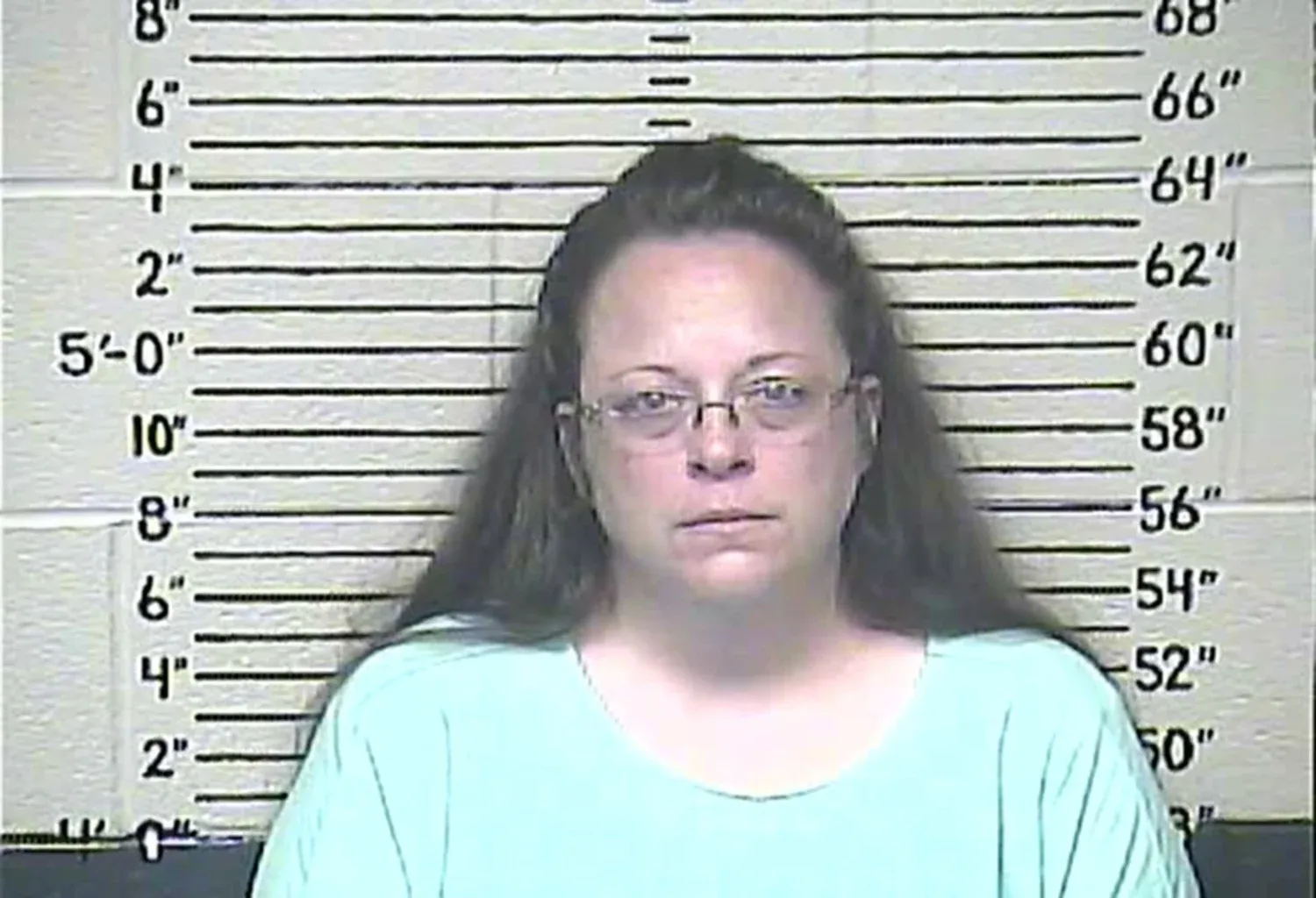
In the petition to the Supreme Court, which was filed in July, Davis' attorney Mathew Staver wrote, "if there ever was a case of exceptional importance, the first individual in the Republic's history who was jailed for following her religious convictions regarding the historic definition of marriage, this should be it."
This is not the first time Davis has tried to appeal the ruling, and lower courts have dismissed her claims.
"Not a single judge on the U.S. Court of Appeals showed any interest in Davis's rehearing petition, and we are confident the Supreme Court will likewise agree that Davis's arguments do not merit further attention," said William Powell, attorney for David Ermold and David Moore, the now-married Kentucky couple that sued Davis for damages, in a statement to ABC News.
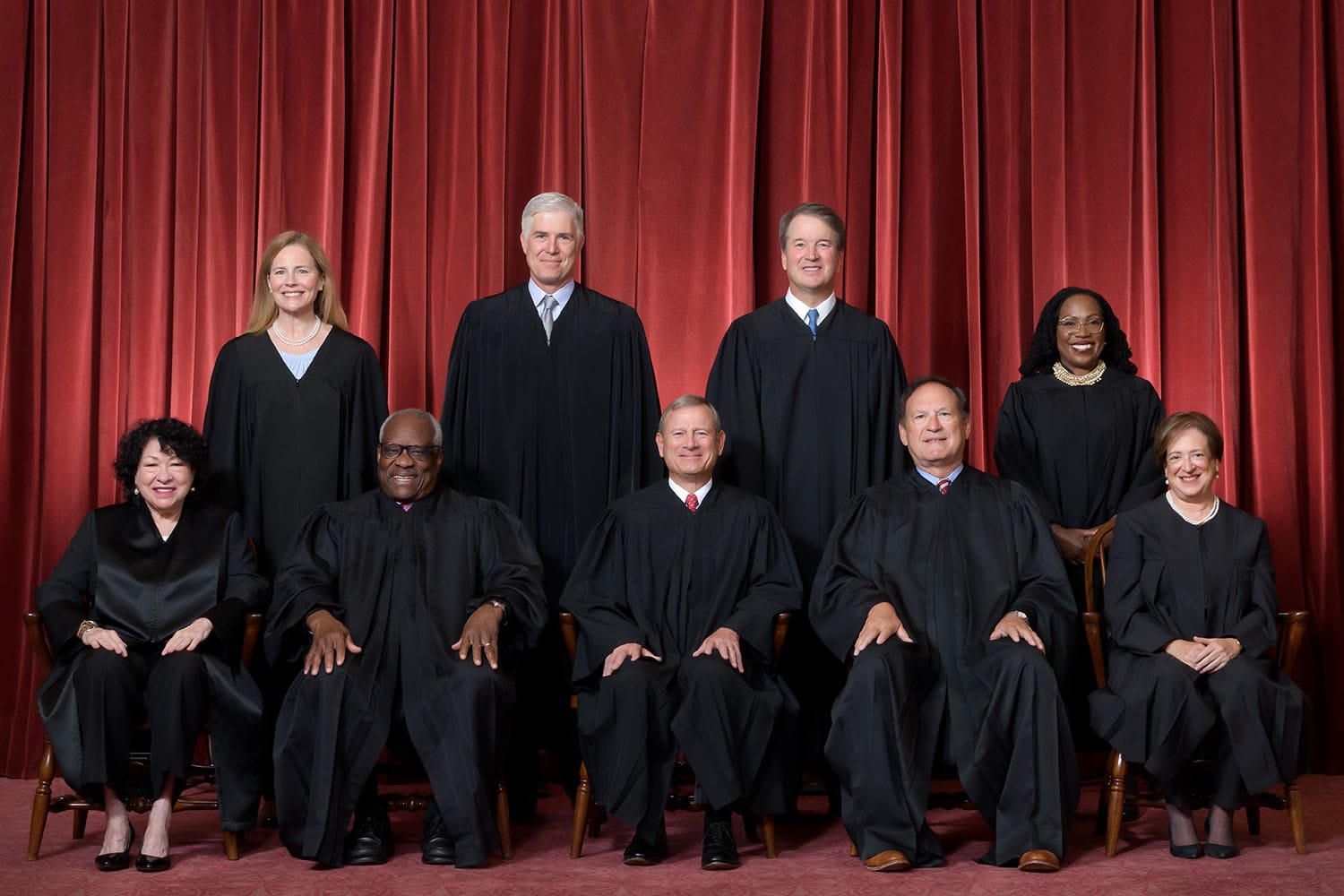
Even if the Supreme Court were to overturn the 2015 decision to legalize same-sex marriage, existing marriages would not be impacted.
In 2022, the U.S. Congress passed the Respect for Marriage Act and then-President Joe Biden signed it into law. The federal law provides federal statutory protection for marriage equality, even if future Supreme Court decisions were to challenge the current legal landscape.
If the high court were to accept her case, at least four justices would need to vote in favor, and they would hear arguments next year.
If the Supreme Court were to overturn Obergefell v. Hodges, the implications for Kentucky would be substantial:
Historical Context: At the time Obergefell was decided in 2015, 35 states had statutory or constitutional bans on same-sex marriages, according to the National Conference of State Legislatures. Kentucky was among those states with a constitutional ban on same-sex marriage.
Current Legislative Activity: So far in 2025, at least nine states have either introduced legislation aimed at blocking new marriage licenses for LGBTQ people or passed resolutions urging the Supreme Court to reverse Obergefell at the earliest opportunity, according to the advocacy group Lambda Legal.
Practical Effects: If marriage equality were overturned, Kentucky would likely revert to its previous laws banning same-sex marriage, potentially affecting thousands of married couples and their legal rights, including inheritance, medical decision-making, and parental rights.
Legal experts are largely dismissive of Davis' chances.
Davis' petition does not center on the question of marriage equality. It stems from a long-running battle over her refusal to grant a marriage license to a same-sex couple shortly after the Supreme Court affirmed their right to wed in 2015's Obergefell v. Hodges. Reevaluating that precedent is entirely unnecessary to resolve the real dispute.
Like what you see? Subscribe now to support Shay Informed- honest journalism with compassion and clarity.
